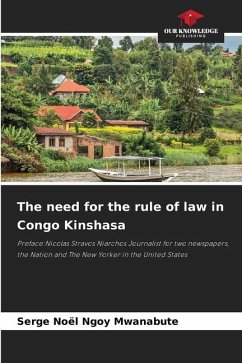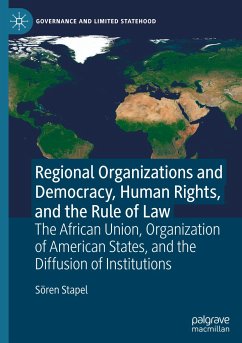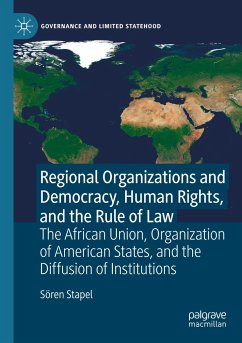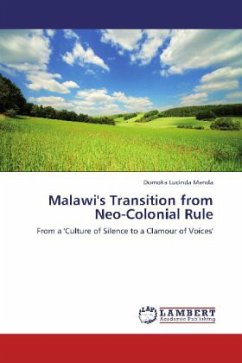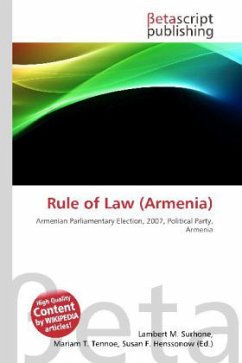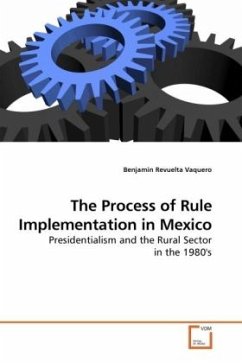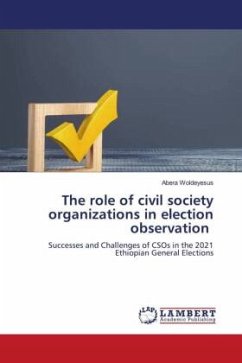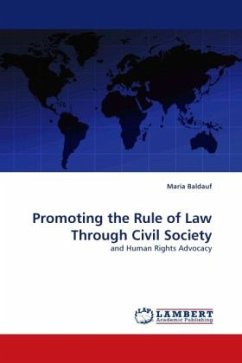
Promoting the Rule of Law Through Civil Society
and Human Rights Advocacy
Versandkostenfrei!
Versandfertig in 6-10 Tagen
32,99 €
inkl. MwSt.

PAYBACK Punkte
16 °P sammeln!
Along with the growing emphasis on unlocking human potential to alleviate poverty with micro-finance, social entrepreneurship, and participatory governance leading the way now comes the concept of legal empowerment, which focuses on bottom-up approaches to improving the rule of law as a means to alleviate poverty. Legal empowerment emphasizes that when asking the question of who should empower the poor, the poor themselves are a large part of the answer. Therefore, at the very core of legal empowerment is civil society, which is both about nonprofit organizations helping poor and marginalized ...
Along with the growing emphasis on unlocking human potential to alleviate poverty with micro-finance, social entrepreneurship, and participatory governance leading the way now comes the concept of legal empowerment, which focuses on bottom-up approaches to improving the rule of law as a means to alleviate poverty. Legal empowerment emphasizes that when asking the question of who should empower the poor, the poor themselves are a large part of the answer. Therefore, at the very core of legal empowerment is civil society, which is both about nonprofit organizations helping poor and marginalized people as well as about the poor helping themselves. This paper provides evidence that suggests this new approach of using civil society to improve the rule of law works. This paper also suggests that countries with civil societies that are more active and successful in influencing, or advocating for, human rights policies tend to have higher levels of the rule of law.



